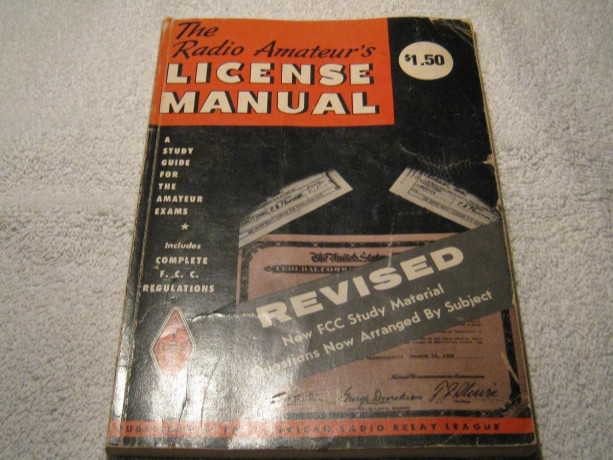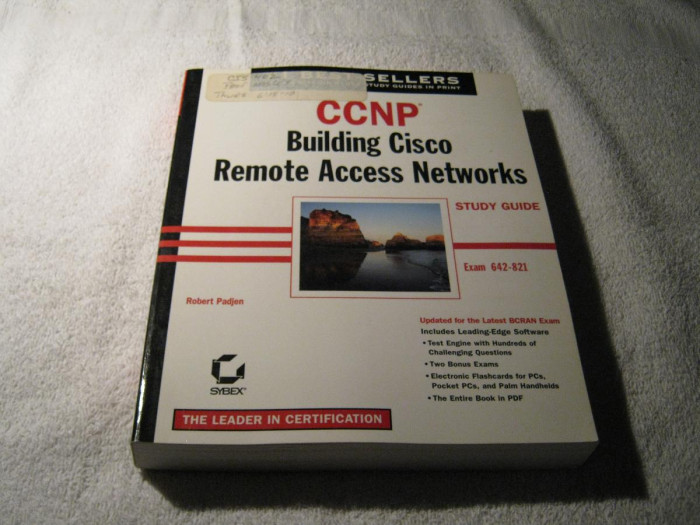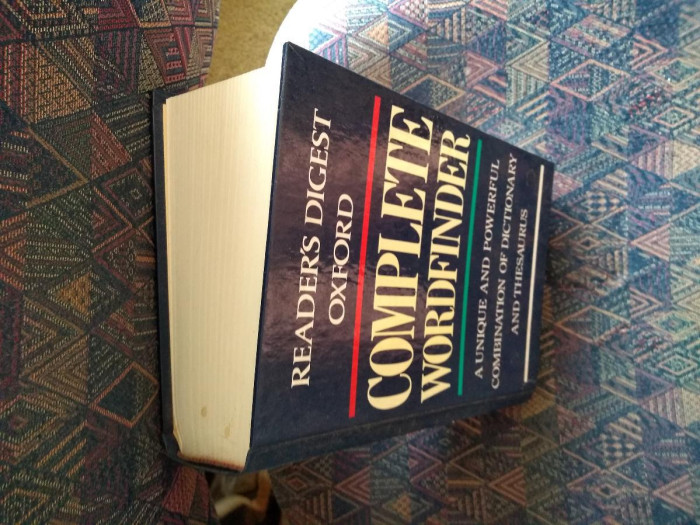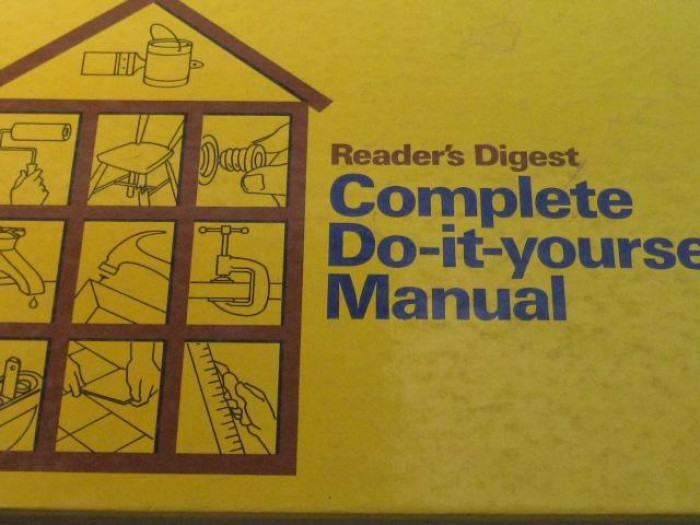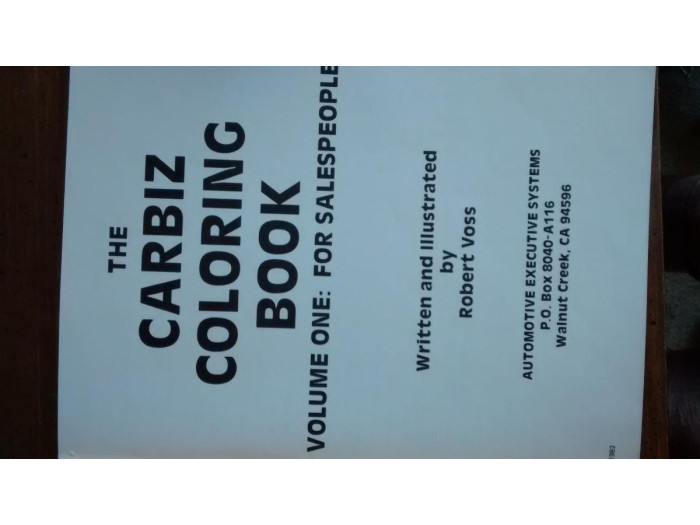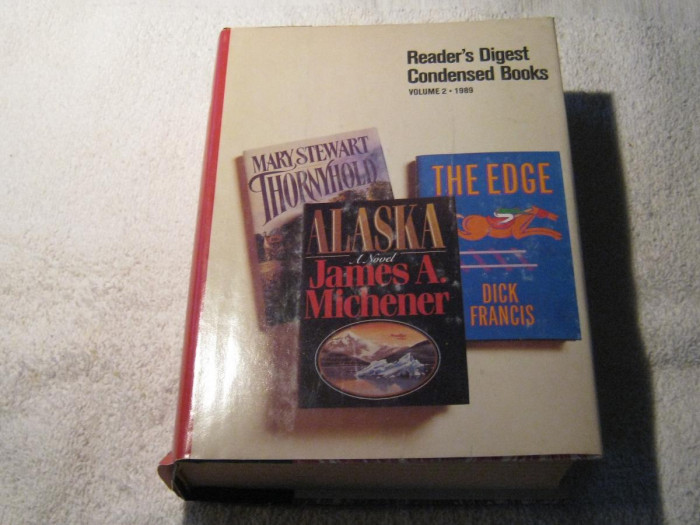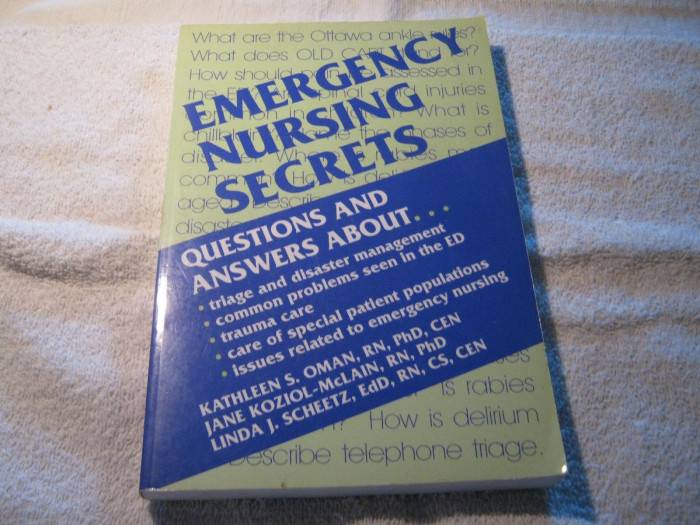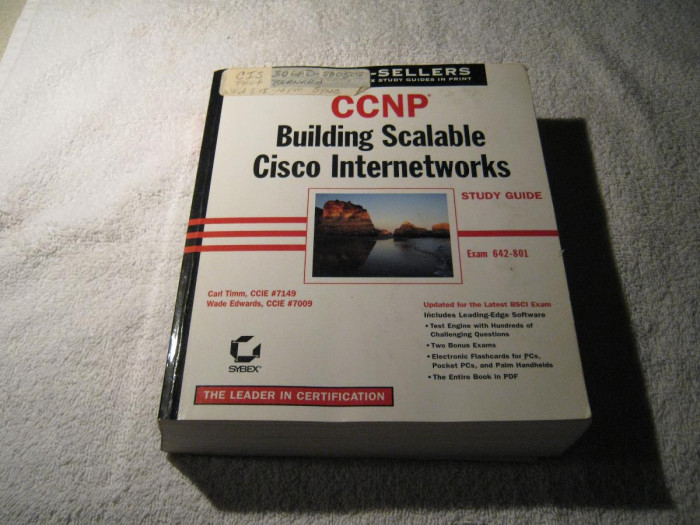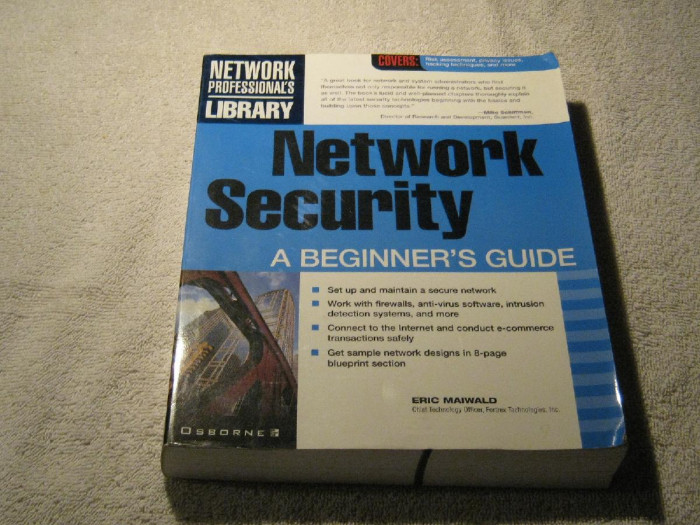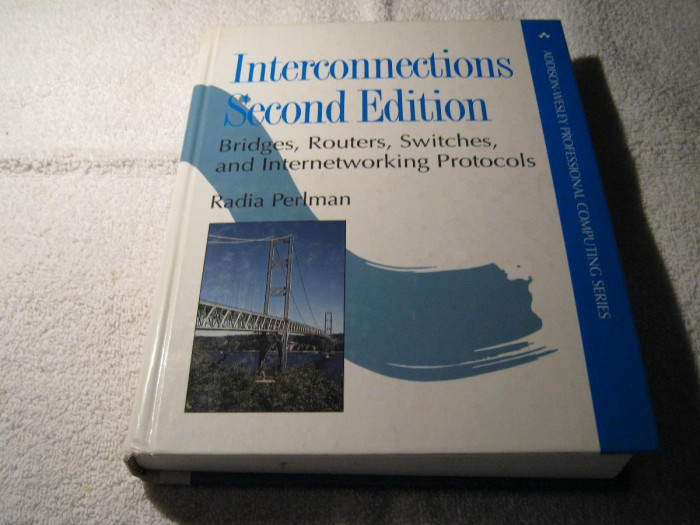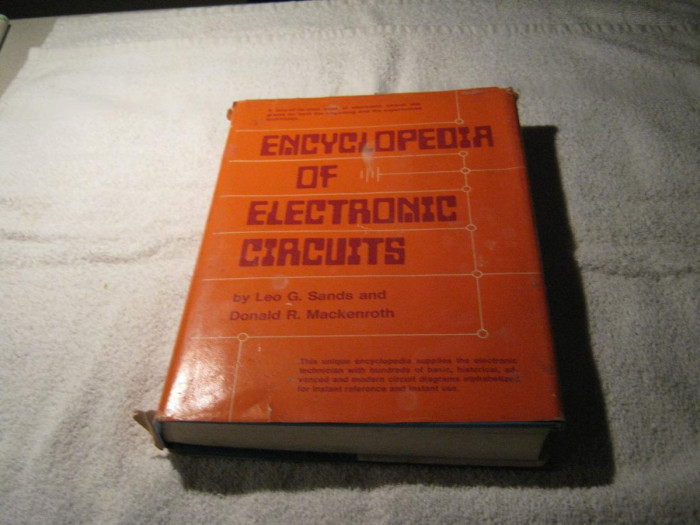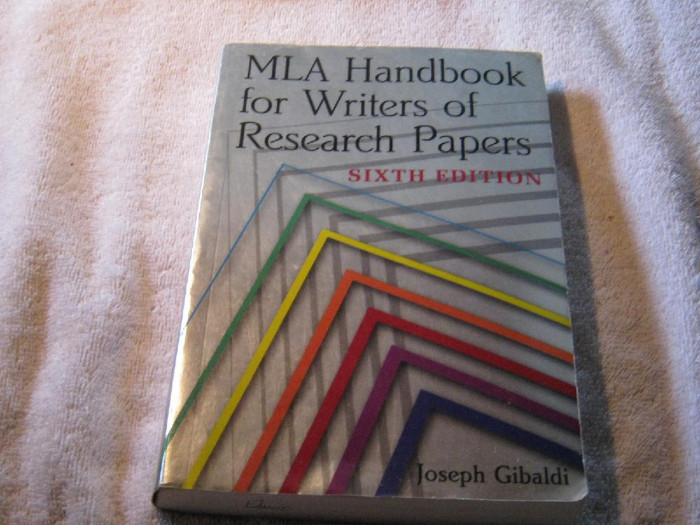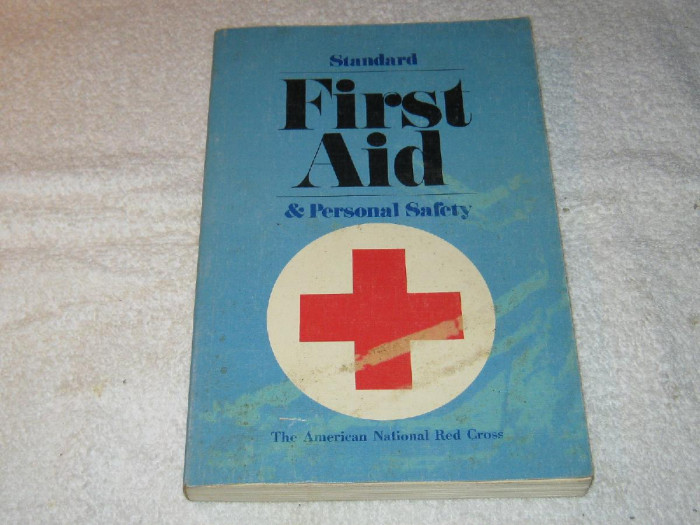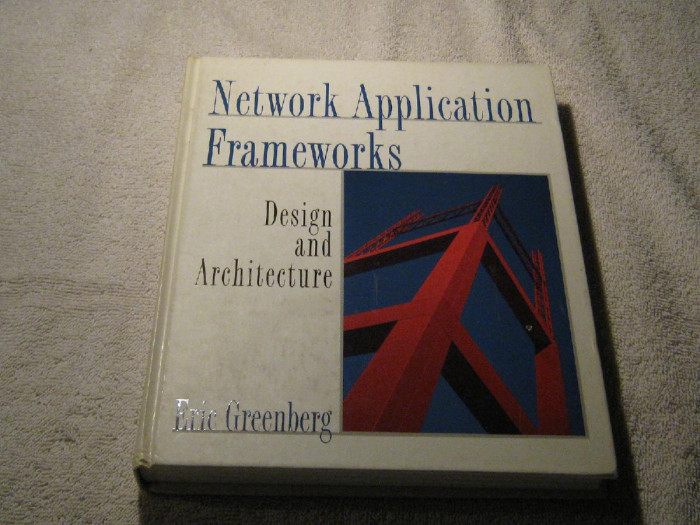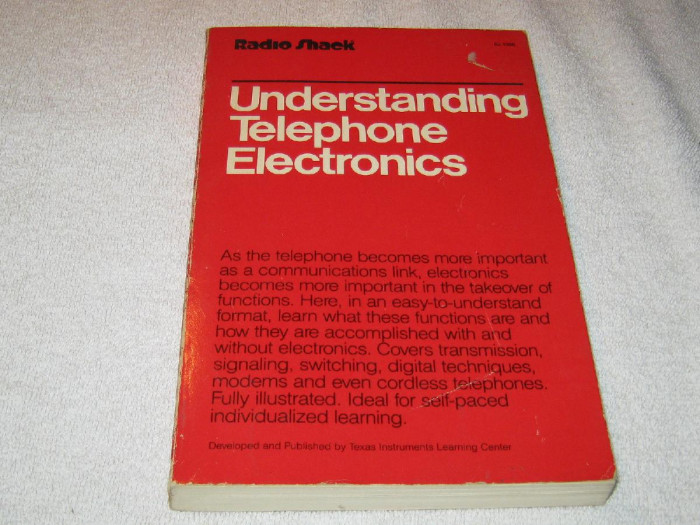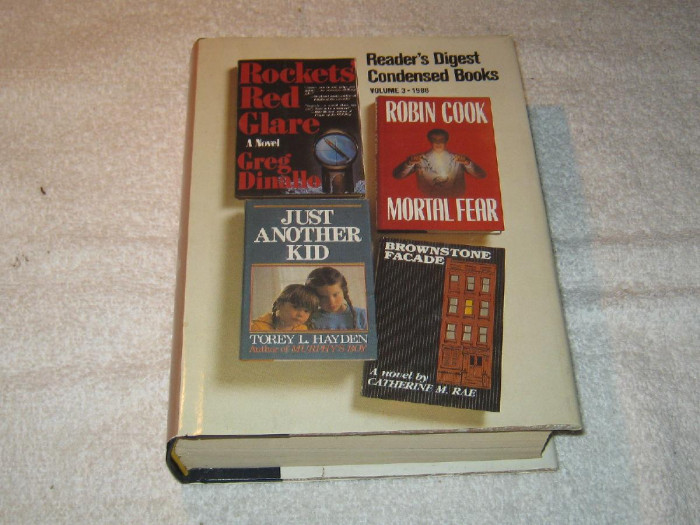The Radio Amateur’s License Manual…
description
A STUDY GUIDE FOR THE AMATEUR EXAMS – Includes COMPLETE FC.C REGULATIONS
Kingston – Books 15 – IMG_7066
Illustrated; Sample Circuits; Electronic Formulas; Waveform Displays; Charts; Classes of Amateur Licenses; Geneva Amateur Allocation Summary (These are the frequency allocations, World Wide that Amateurs may operate in)
**Amateur Licensing**
The operation of an amateur radio transmitting station is a privilege made available through the U.S. Government, through an agency called the Federal Communications Commission., to anyone who can qualify, regardless of age, sex or nationality. The granting of this privilege by federal licenses is subject to the applicant’s ability to demonstrate basic radio technical and code knowledge ( **Note: Morse code is no longer a requirement** ), and familiarity with regulations governing the amateur service. A primary purpose of licensing is to ensure the operator of the radio transmitter is sufficiently skilled that he will not, by improper adjustment of the equipment or lack of knowledge of regulations, cause interference to other services using the radio spectrum.
To own and operate an amateur radio station in the United States or possessions, it is necessary to have two licenses, both of which are issued by The Federal Communications Commission Licensing Unit at P.O. Box 1020, Gettysburg, Pa. 17325. For the operator there is the operator license, issued after the individual has passed a code test ( **Note: Morse code is no longer a requirement** ) and a written examination **(Note: Multiple choice questions)** designed to test his familiarity with radio law and regulations and his knowledge of proper operation of amateur radio transmitting equipment. This examination may be taken at any of the numerous field offices of the Commission, or in certain cases by mail, as will be explained later. For the transmitting equipment there is the station license, which authorizes the operation of transmitting equipment at a specific location and also authorizes the operation at a specified location and also authorizes portable and mobile operation as permitted under the regulations. Actually, the primary license is a single card form containing both the operator and station authorization. It is not necessary that you post your license in your radio room if you are the only operator, but it is required that you have it in your personal possession whenever and wherever you are operating.
CONTENTS BY Chapter
1. Amateur Licensing 2. The Novice License 3. The Technician License 4. The General Class License 5. The Conditional Class license – Examinations by Mail 6. The Advanced Class License 7. The Amateur Extra Class License 8. The Station License 9. International Regulations 10. U.S. Regulations
Chart of Frequency Sub Bands
Index
U.S. Radio Districts
Examination Schedule
Paperback 120 pages Library of Congress Catalog Card Number: 37-8925


